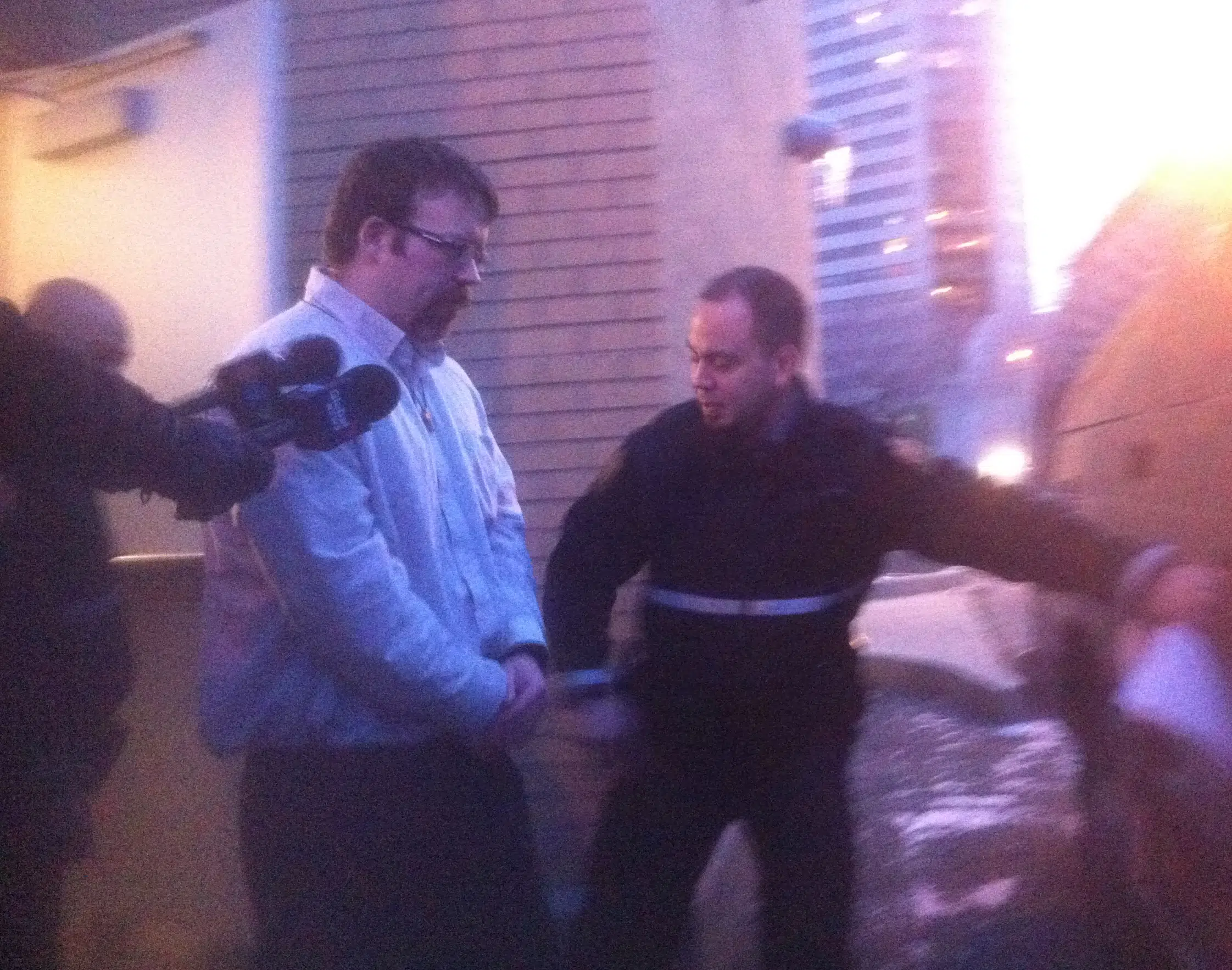
Saskatoon murder trial comes to an end with conviction
Daleen Bosse’s family members got their chance on Wednesday to speak about how the death of the 25-year-old mother and student ripped their lives apart.
The victim impact statements came after Douglas Hales was convicted of the second-degree murder of Bosse, along with the crime of offering an indignity to her remains by burning her body.
Bosse went missing in 2004. It took undercover RCMP officers three months to get a confession from Hales using what’s known as a ‘Mr. Big’ sting. In the sting, officers posed as criminals trying to recruit Hales, leading him to confess to them in the belief they could help him cover up the crime.
One after the other, family and friends described the pain of spending four years searching over countless hours and spending thousands of dollars only to get the call in 2008 that Bosse’s body had been found burnt in an abandoned dumpsite near Martensville.


